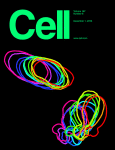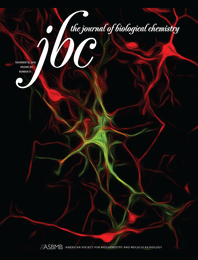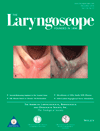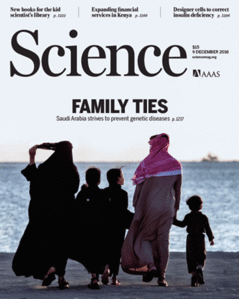 A researcher in Germany has logged her fourth retraction following an investigation by her former employer that found evidence of scientific misconduct.
A researcher in Germany has logged her fourth retraction following an investigation by her former employer that found evidence of scientific misconduct.
The latest retraction for Tina Wenz in the Journal of Applied Physiology mentions the probe at the University of Cologne in Germany, which recommended retracting six of her papers. One had already been retracted by the time the report was released; last month, we reported that two others had been pulled. Now, we’ve come across a fourth.
Here’s the latest retraction notice: Continue reading Researcher loses 4th paper flagged by misconduct probe

 2013 probably felt like it was going to be a great year for stem cell biologist
2013 probably felt like it was going to be a great year for stem cell biologist 





